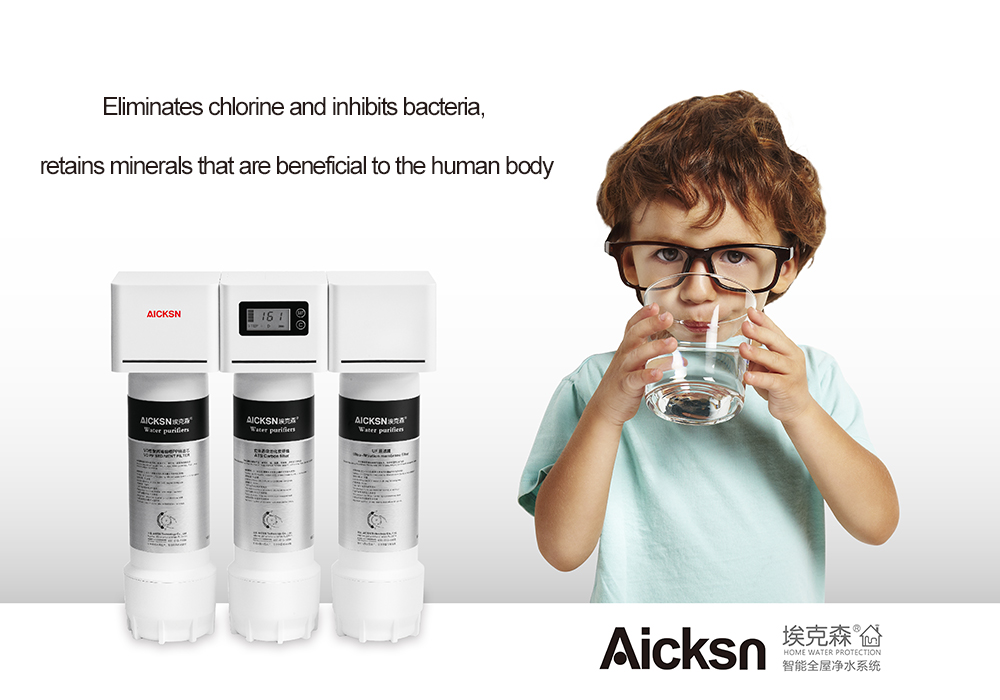
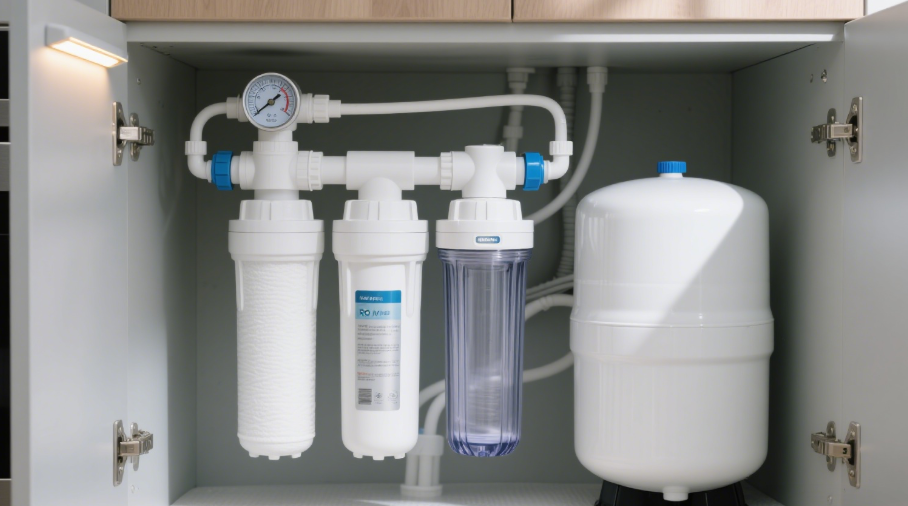 Master these 10 essential facts about water purifiers to effortlessly tackle 80% of your daily water concerns
Master these 10 essential facts about water purifiers to effortlessly tackle 80% of your daily water concerns
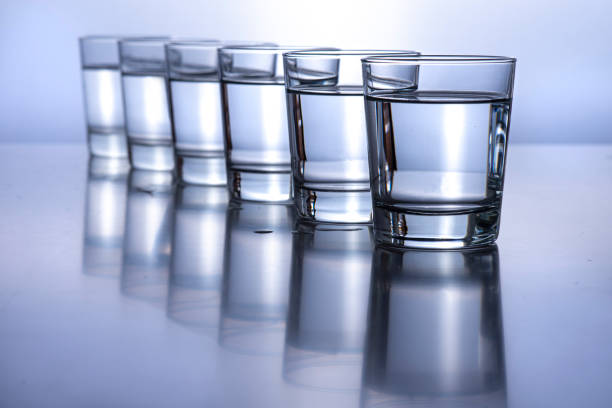 A summary of commonly used water treatment methods for different water qualities!
A summary of commonly used water treatment methods for different water qualities!
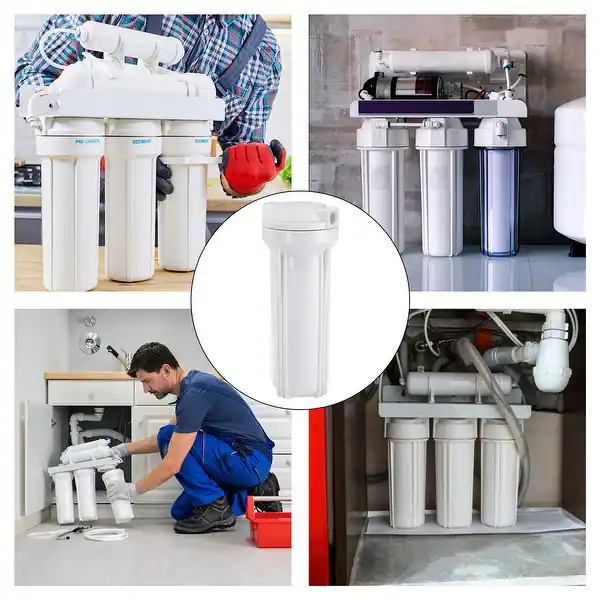 If your home water purifier malfunctions, don't panic—these handy repair tips will help you sort it out with ease.
If your home water purifier malfunctions, don't panic—these handy repair tips will help you sort it out with ease.
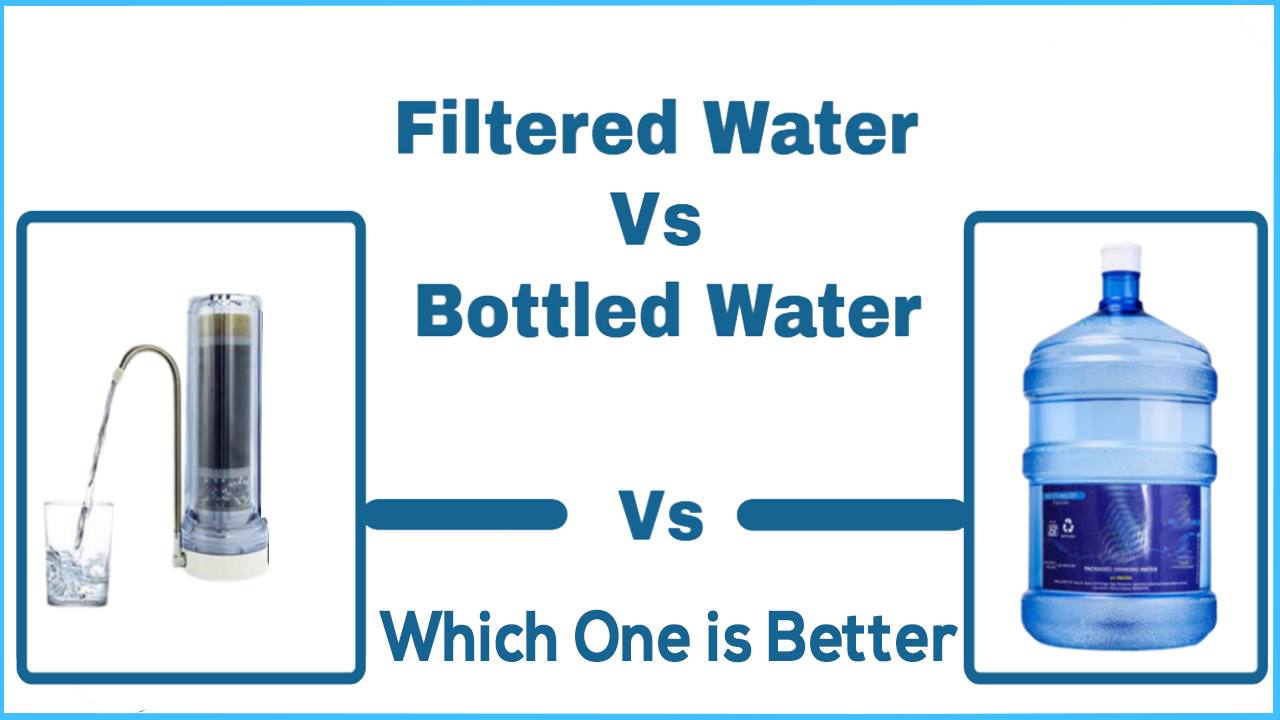 Why bother with water purifiers when bottled water is so convenient?
Why bother with water purifiers when bottled water is so convenient?